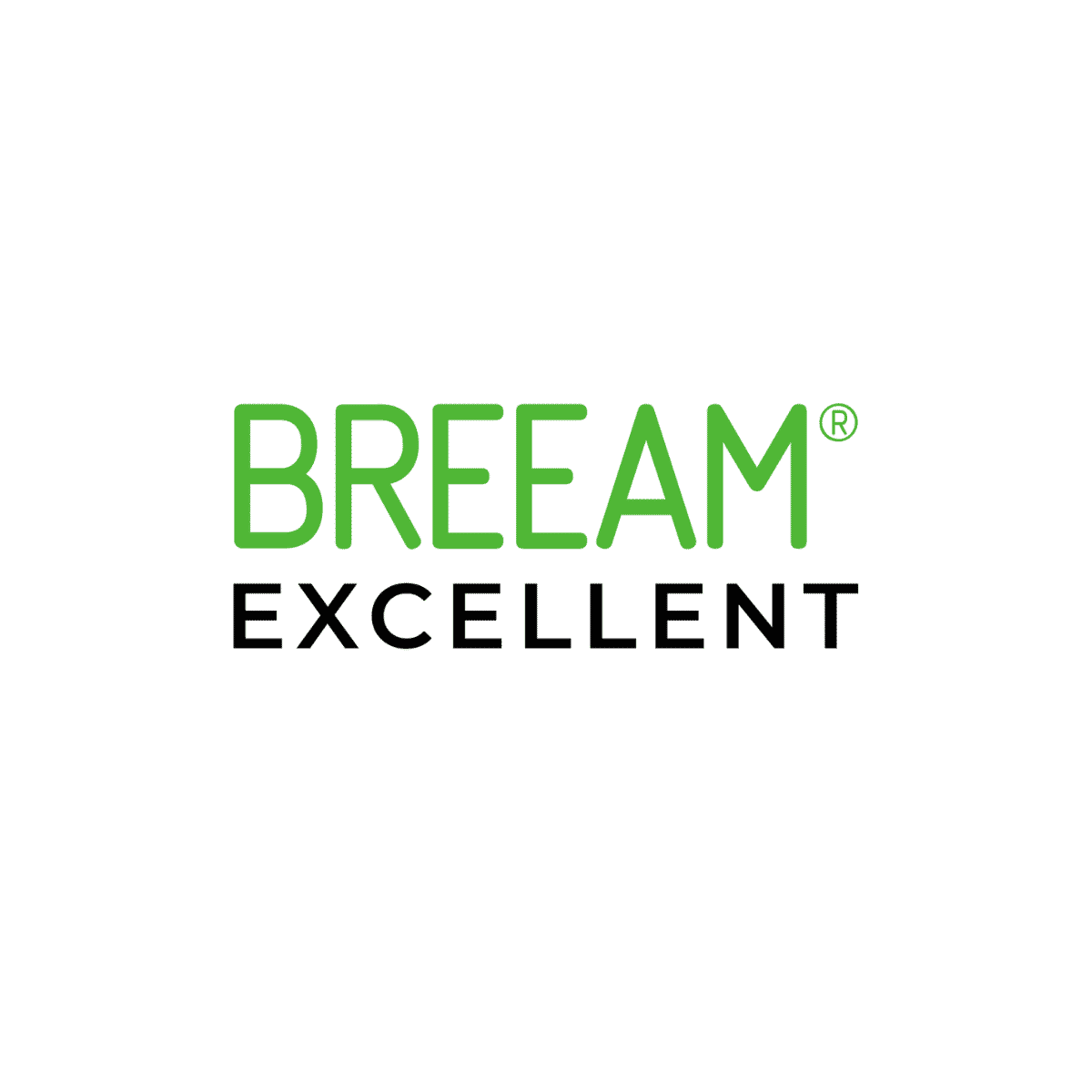
Reduce the Cost of Achieving BREEAM Excellent in 5 Steps
Regulatory Updates
Reduce the Cost of Achieving BREEAM Excellent in 5 Steps
Did you know? Buildings with a BREEAM Excellent rating attract higher rental values, reduce operational costs, and appeal more to investors. But here’s the challenge: many project teams overspend chasing certification because they lack a clear strategy.
The truth is, achieving BREEAM Excellent doesn’t need to be complex or costly. With the right approach, you can hit the standard efficiently, avoid wasted spend, and boost your project’s sustainability credentials.
Here are five proven steps to reduce the cost of BREEAM Excellent:
- Appoint a BREEAM Accredited Professional (AP) Early
One of the most common and expensive mistakes is leaving sustainability until late in the design process. By then, it’s often too late to make affordable changes.
Many councils now require BREEAM certification for non-domestic developments. Crucially, the submission of full planning permission is a hard deadline: after this point, credits can no longer be achieved.
Bringing in a BREEAM AP at concept or pre-application stage ensures sustainability is embedded from the outset. This avoids costly redesigns, prioritises the credits with the greatest value, and gives you a clear, cost-effective roadmap to certification.
- Target High-Value Credits
Not all BREEAM credits carry equal weight. Some deliver a bigger boost to your score than others.
Chasing every credit often wastes time and budget. Instead, focus on high-weighting credits that maximise results for your budget. With expert guidance, your project team can channel resources into the areas that deliver the greatest impact, helping you to reach Excellent rating without overspending.
- Optimise Embodied Carbon and Material Choices
Materials are usually one of the biggest project costs, but also a major opportunity for efficiently achieving credits.
By carrying out an embodied carbon assessment early, you can secure maximum Mat 01 credits and identify opportunities to replace expensive, high-impact materials with more sustainable and more cost-effective alternatives.
Combine this with responsible procurement, such as using EPD-certified products and BES 6001 certified manufacturers, and you’ll unlock valuable credits, reduce costs, and lower your carbon impact.
- Don’t Overlook the Minimum Standards
A common pitfall is that teams chase optional credits but miss the minimum standards required for an Excellent rating. Fail just one, such as minimum energy performance, and your certification falls apart.
The solution is simple: confirm minimum standards at the start of your project. By locking these into your design and build strategy early, you’ll stay compliant, avoid costly rework, and keep your path to BREEAM Excellent on track.
- Align Contractors and Sub-Contractors from Day One
Many credits depend on what happens on-site: waste management, evidence gathering, and energy-efficient practices.
If contractors and sub-contractors aren’t briefed properly, you risk losing credits or paying extra to fix mistakes. Setting clear sustainability requirements in contracts and inductions ensures everyone knows what’s expected from day one. This alignment saves time, avoids missed opportunities, and helps you achieve BREEAM Excellent more cost-effectively.
Ready to Achieve BREEAM Excellent The Right Way?
We can help you and your teams navigate your BREEAM journey with confidence. Our team focuses on what really matters, reduces hidden costs, and ensures your project achieves its full certification potential.
Get in touch today. Whether you’re at concept stage or deep into design, we’ll show you the most cost-effective route to BREEAM Excellent.
📧 enquiries@energistuk.co.uk
📞 01285 700641





